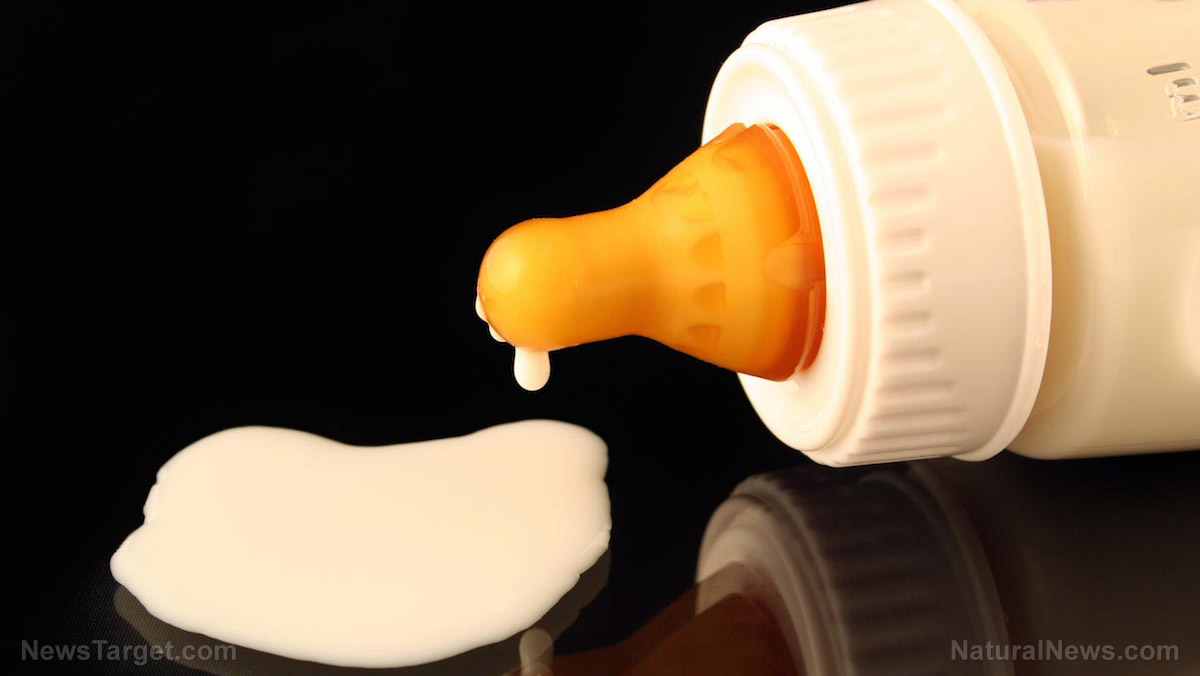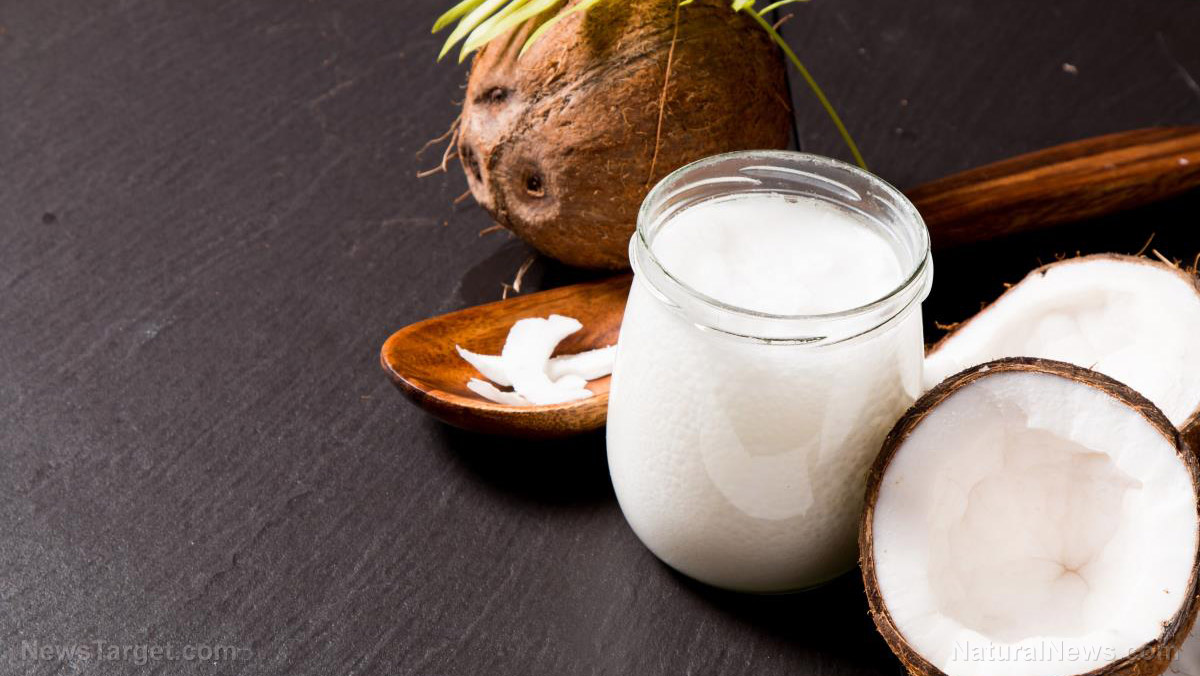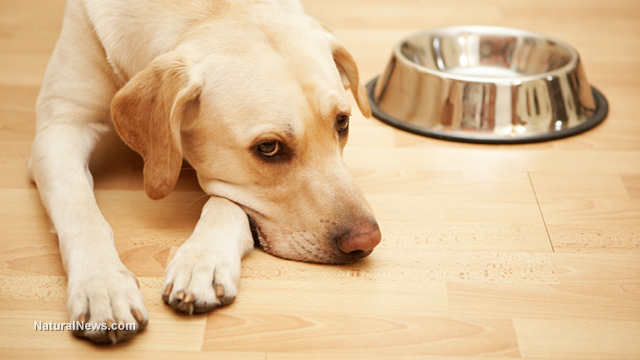Baby formula salmonella scandal in France exposes gaps in regulation and corporate responsibility
02/22/2018 / By Frances Bloomfield

A baby formula scandal continues to rock France to its core: the French dairy group, Lactalis, has issued a worldwide recall of its powdered milk products due to some of them being contaminated with salmonella. At least 7,000 tons of Lactalis products have been pulled from over 80 countries across Europe, Asia, and Africa. Despite the company’s efforts, 38 children have been hospitalized ever since the scandal first broke out in December of last year. Furthermore, it’s believed that there are at least 10 more salmonella cases that have not been taken into consideration.
Far from being a recent occurrence, the Institut Pasteur identified the salmonella strain as being the exact same one that caused another outbreak back in 2005. As critics have pointed out, the Craon-based production site responsible for the 2005 outbreak was purchased by Lactalis a year later.
“First we confirmed that the same type of Salmonella agona was behind the two outbreaks, in 2005 and 2017. So we asked ourselves where the strain could have been during the 12 years in between. The only possible hypothesis is that it remained at the factory in question,” said Francois-Xavier Weill, director of the Institut Pasteur.
This was confirmed by Emmanuel Besnier, chief executive officer (CEO) of Lactalis. Besnier stated that the company had disinfected the site shortly after it was bought, but admitted that the salmonella problem may have returned after factory renovations and developed over the course of several months.
Traces of salmonella were first discovered on a broom in August. Though government inspectors reviewed the factory the next month, they didn’t go through the production area for baby formula. Moreover, French law dictates that Lactalis was under no obligation to inform the inspectors of the salmonella. Besnier admitted that more traces were uncovered in November, leading to another round of decontamination while remaining quiet on the matter. Lactalis only confirmed the presence of salmonella in December, when reports of children becoming infected salmonella began to emerge.
Several more children fell ill despite the recall, a fact that Lactalis has blamed on retailers for failing to act quickly. Other retailers, such as the supermarket chains Leclerc and Carrefour, have confessed to selling Lactalis products well after the company announced the recall. The French government has said that it would hold these companies accountable, in addition to Lactalis itself. (Related: Oyster recall: Salmonella contamination forces Canadian company to recall oysters.)
The Craon factory has been shut down for decontamination, while the dehydration tower where the salmonella was initially found will be be permanently closed. Furthermore, Besnier has estimated that the scandal would cost his company upwards of hundreds of millions of Euros. Although the French government originally deemed the company to be solely responsible for the outbreak, President Emmanuel Macron has since come forward to state that the crisis was a massive oversight on the part of his administration. Moving forward, “there will be zero tolerance on the part of the state,” remarked Macron.
Numerous families have filed lawsuits against Lactalis and retailers. The organization, Association of Victims of Salmonella Contaminated Milk, is representing these families and providing support to other families who believe that their own children were made ill by Lactalis products. Quentin Guillemain, founder of the group, has called the crisis a “health scandal of unprecedented scale.” Although Lactalis has offered compensation to the families, Guillemain stated that the victims would push through with their legal complaints. “Lactalis is a huge multinational. That doesn’t mean it should be allowed to operate above the law,” he said.
Salmonella is a foodborne illness that can cause an infected person to experience diarrhea, fever, and abdominal cramps. Although most people can recover without treatment, hospitalization may be required in cases with severe diarrhea. For infants and people with an existing illness, salmonella can be a life-threatening condition.
Remain updated on any and all news about the Lactalis scandal by going to FoodSupply.news.
Sources include:
Tagged Under: food safety, food science, infant formula, infant health, Lactalis, Salmonella, salmonella contamination




















